A new computational technique allows researchers to model biological processes with better accuracy and at a lower computational cost.
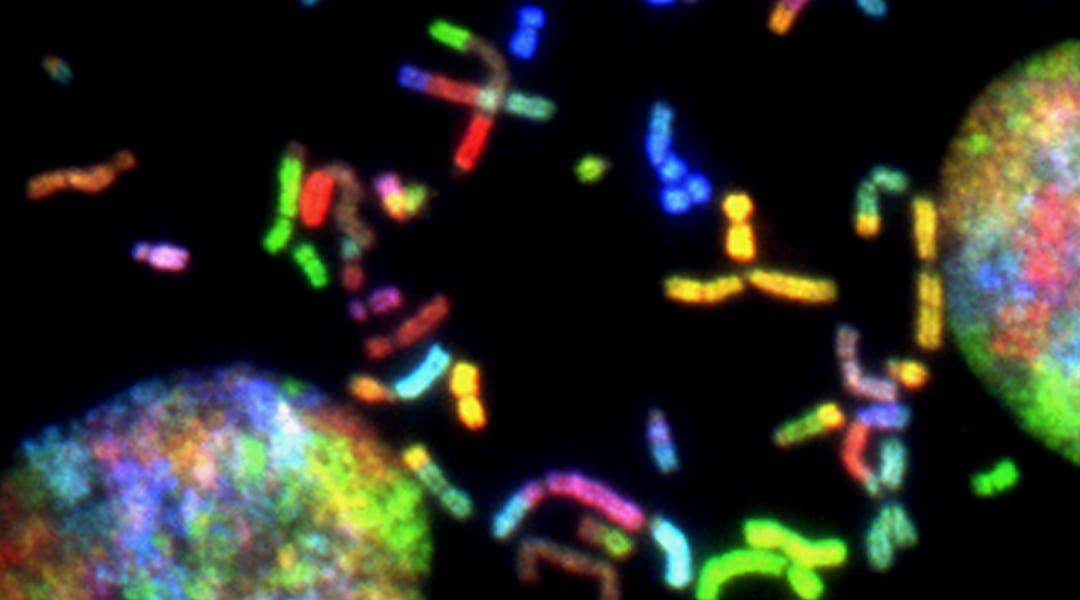

A new computational technique allows researchers to model biological processes with better accuracy and at a lower computational cost.

Researchers create a quantum nanochip that is capable of producing stable, high-quality qubits and could open doors for powerful quantum computers.

The quantum computer named Jiuzhang was able to complete a task 100 trillion times faster than one of the world’s fastest super computers.

Complex 3D nanoscale architectures based on DNA self-assembly can conduct electricity without resistance and may provide a platform for fabricating quantum computing and sensing devices.
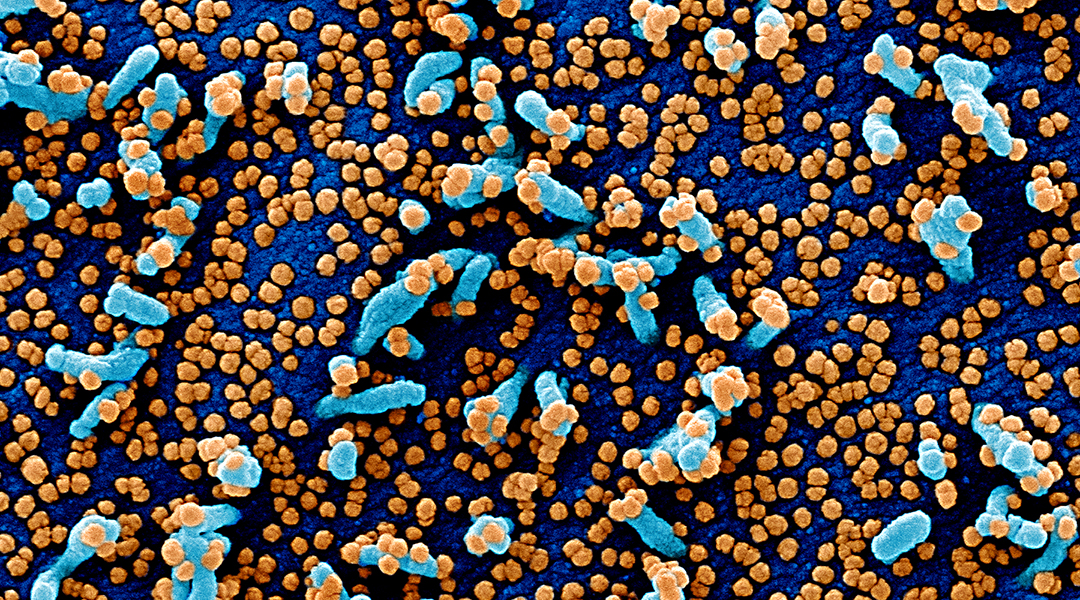
New study finds coronaviruses are masters of mimicry, reproducing their host’s immune proteins to remain invisible and help promote infection.
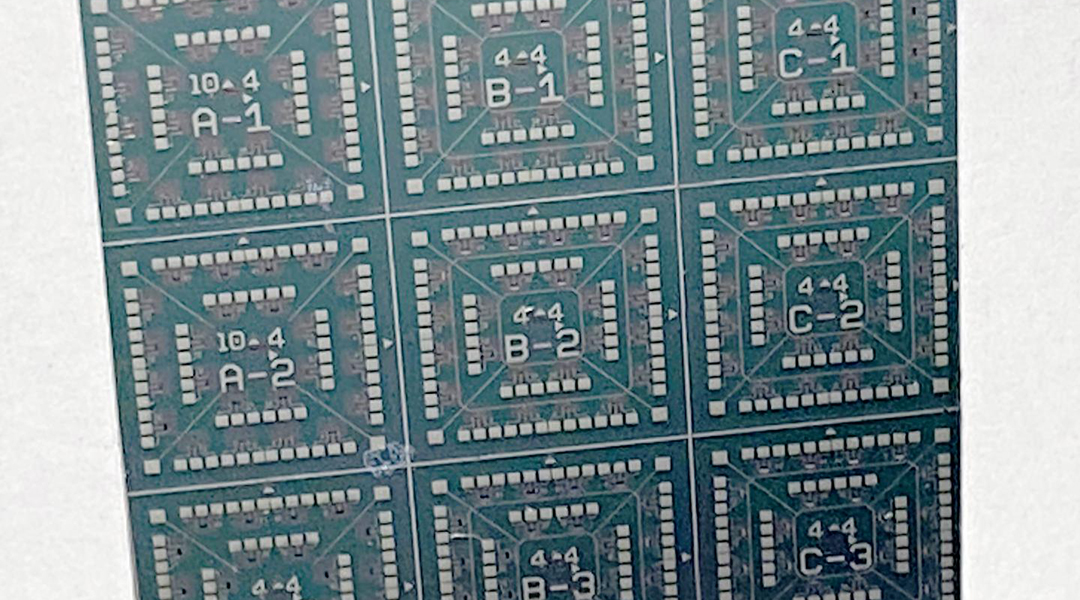
The waste chips of paint you strip off the walls might not be so useless afterall.
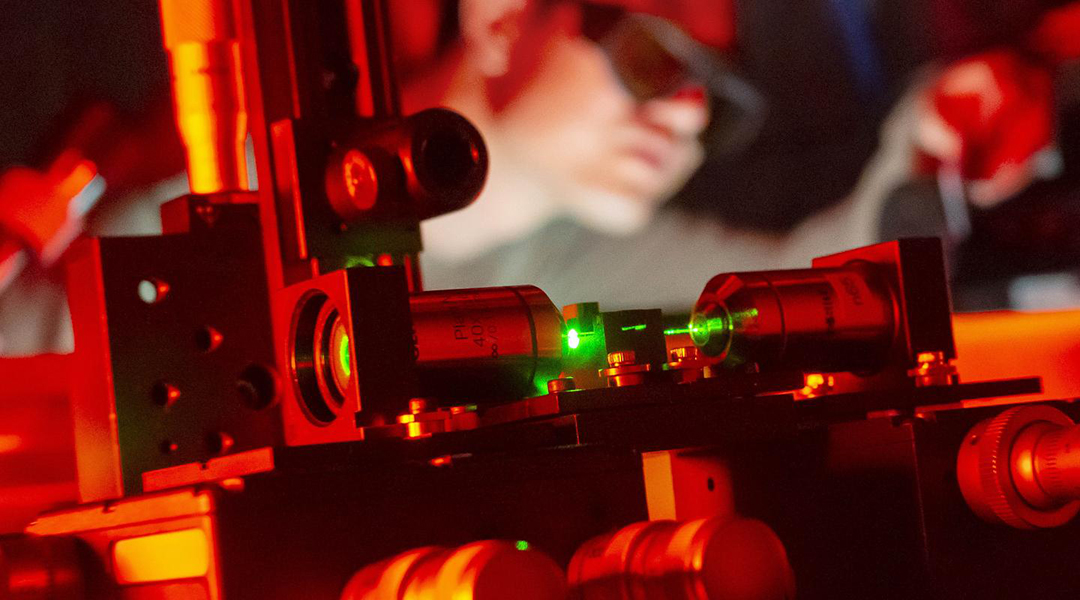
New hybrid optical fibers contain 2D materials that enhance light-matter interactions and open doors for a range of new technological advancements.
While superconductors are not considered an energy material, the energy savings arising from resistance-free transmission and distribution of electricity are potentially massive when considered on a global scale.
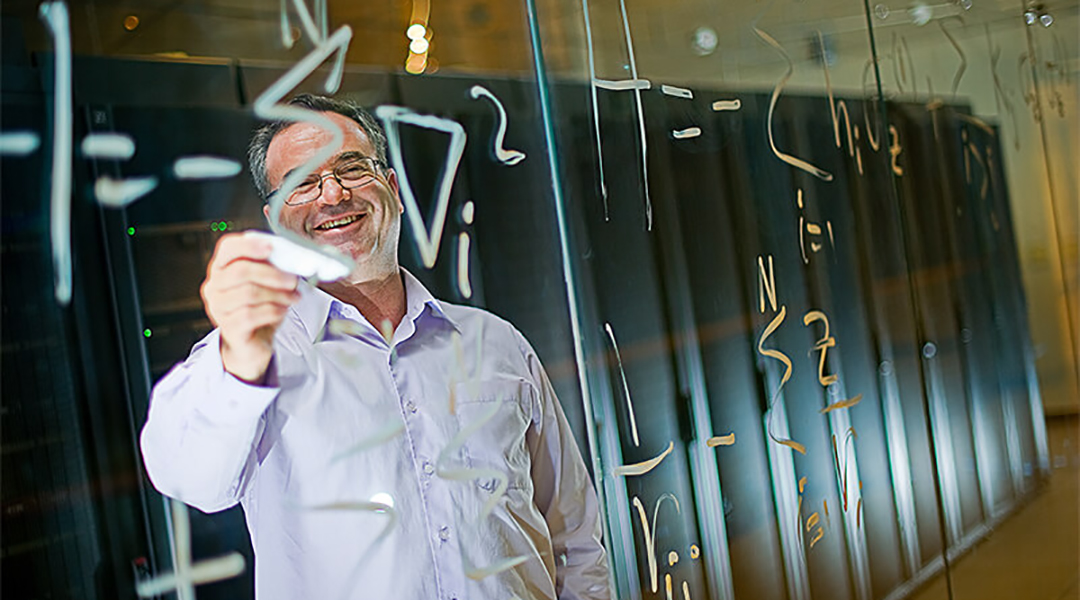
Researchers are developing algorithms and machine learning methods to further our understanding of the quantum state space.

A reality-rooted perspective on “explainable AI” and what this means for the future of the field.